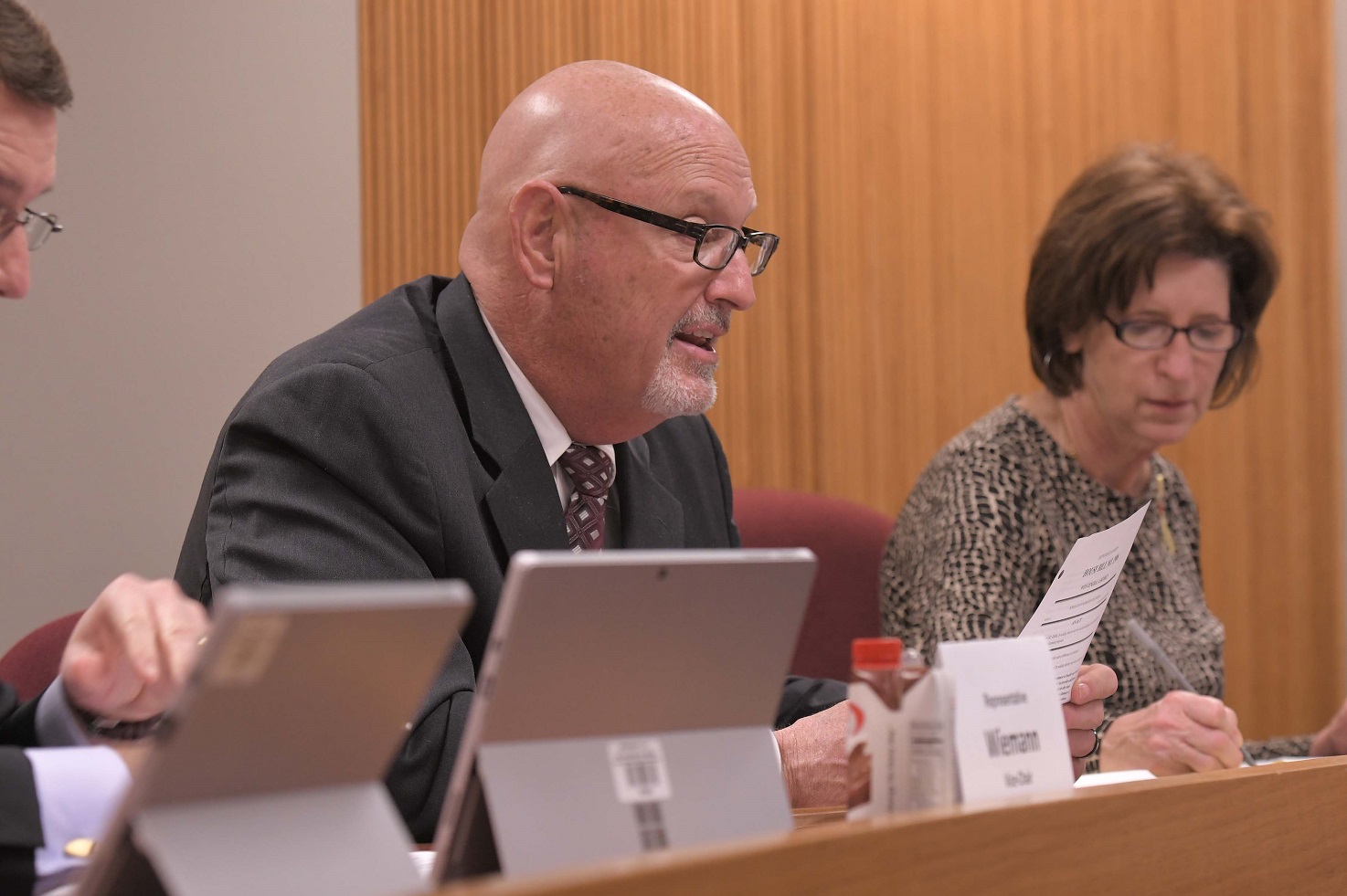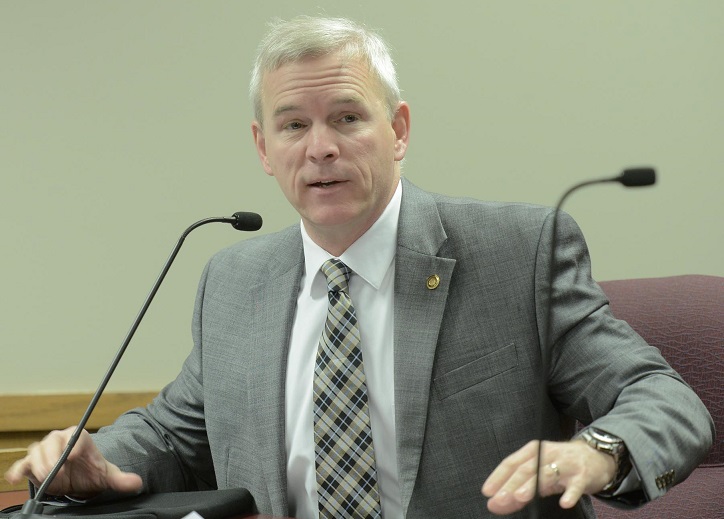The Missouri House has voted to make it tougher for people to illegally use dealer license plates.

House Bill 2122 would limit the issuance of dealer plates based on the number of vehicle sold annually. A dealer selling six vehicles per year could have one plate. Twelve sales per year is enough for a second, 20 per year for a third, and each additional 10 sales per year beyond that would allow a dealer another plate.
The bill’s sponsor, Representative Kevin Engler (R-Farmington), said those plates are being abused, most notably by a dealer’s family members and friends using one daily and avoiding paying taxes on the vehicles those are on.
“They’re using the system and they’re shirking the responsibility of taxes to the schools just by using that, and it needs to stop,” said Engler. “Every time you see that … remember it’s about a $2.5- to $5-million cost to the state, to the local schools, because we don’t get sales tax and we don’t get personal property tax off those dealer plates, so we tried to make it more reasonable; that you really have to be in the business to get them.”
The bill would also double the bonding requirement for dealers from $25,000 to $50,000. Engler said that requirement hadn’t been increased since 1984, and it needs to be changed to ensure protection for consumers. During debate, Engler learned of a dealership in O’Fallon that folded, and cited that as an example of why dealers should have a greater bonding requirement.
Another provision limits sales events that happen off of a dealer’s premises to two a year, and taking place within a ten-mile radius of the dealer’s licensed location.
Opponents of HB 2122 said it would punish all dealers because of a handful of bad actors in the state.

Representative Delus Johnson (R-St. Joseph) said the bill would hurt the industry that generates the most sales tax revenue of any in the state.
The legislation also requires dealers to submit regular business hours, a phone number and an e-mail address and maintain the latter two for use by the Department of Revenue and the public; allows discretion for the suspension of dealer licenses for issues in which it is currently mandatory; and allows the use of motor vehicle inspections made within 90 days of an application for registration or transfer by new owners of a vehicle.
The House voted 119-31 to send HB 2122 to the Senate, where it has been referred to that chamber’s Committee on Transportation, Infrastructure, and Public Safety.